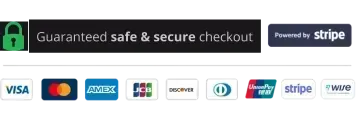An online learning portal for you to connect from wherever you want and when you need it to acquire skills at your own pace.
Rated Excellent on
Explore
Important Links
Certificate Validator
Quickly and easily check the validity of your Apex Learning course certificates with Apex Learning’s Course Certificate Validator tool.


© – Apex Learning is the trading name of Digilearn Ltd (Company Number: 13076490). All rights reserved.
